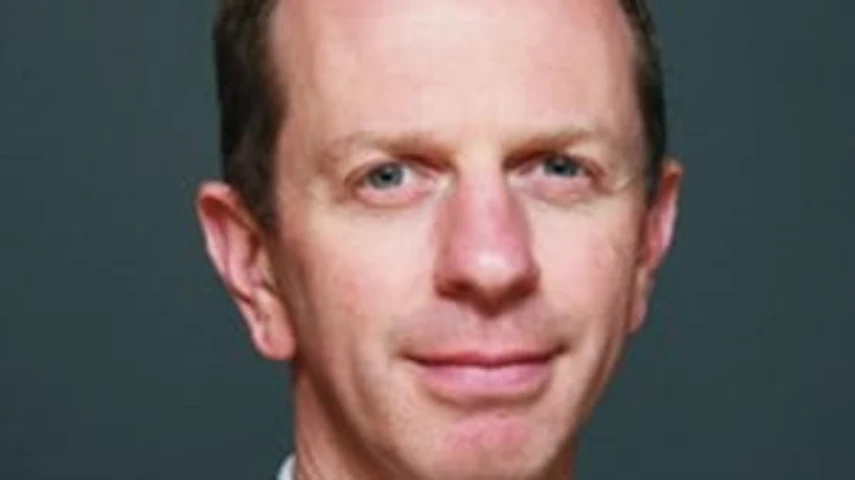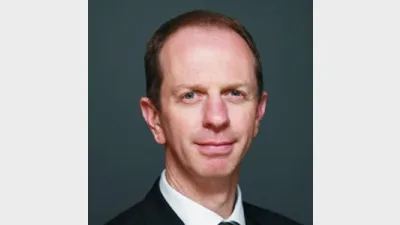Keeping our regulators non-political



The executive director of the Revenue Group within the Federal Treasury, Rob Heferen, made a very important point to last month’s SMSF Professionals Association of Australia conference in Brisbane – that any change of Government demands a change in approach by Australian public servants to accord with new policy directions.
It is a point that would have resonated with the chairman of the Australian Securities and Investments Commission (ASIC), Greg Medcraft and his deputy chairman, Peter Kell, in circumstances where they have found themselves caught between the party political battlelines on Future of Financial Advice (FOFA).
Both Medcraft and Kell last week found themselves under pressure from the Australian Labor Party’s NSW journeyman Senator and former party functionary, Sam Dastyari, over ASIC’s position on FOFA in the context of the regulatory and legislative amendments being pursued by the Abbott Coalition Government.
The obvious answer for Medcraft and Kell ought to have been that, as a regulatory agency of the Commonwealth of Australia, ASIC did not and does not have a formal position on FOFA.
Rather, its position is determined by the relevant legislation and the policy position of the Government of the day.
Up to a point, this is what Medcraft and Kell tried to say, but they found themselves somewhat stymied by the Dastyari’s dogged assertion that “You (ASIC) supported FOFA; you advocated for FOFA; you were involved in the creation of FOFA and the changes”.
The Senator then, added, “My question is: why would you think it is a good idea to remove some of those changes that were made?”
The problem for Medcraft and Kell is that, on the face of it, ASIC did seem to support FOFA and to advocate for many of its legislative outcomes. ASIC was, in fact, treated as a “stakeholder” in the development of the FOFA legislation alongside the likes of other stakeholders such as the Industry Super Network, the Financial Planning Association, the Association of Financial Advisers and the Financial Services Council.
Having been treated by the former Labor Government as a “stakeholder”, it follows that ASIC is now being viewed, by some, as having a “stake” in the legislation and having an interest in the outcomes the original legislation sought to achieve.
It is difficult to determine whether ASIC, either under Medcraft or his predecessor, sought to be a “stakeholder” or whether this status was imposed upon it by the Labor Government. Either way, it was inappropriate and the regulator and its most senior officers are being made to pay a price.
It is therefore to be hoped that at least one of the outcomes of the current Government’s Financial Systems Review is a clearer delineation of the status of the regulators and a closer alignment to other departments and agencies.
The tradition in the Australian Public Service is that public servants should be non-partisan and therefore always capable of delivering frank and fearless advice to whomever their political masters may be.
Sadly, over the past six years, officers of both ASIC and its sister regulator, the Australian Prudential Regulation Authority (APRA) have allowed their political allegiances and policy preferences to show.
It will do no harm for senior executives within APRA and ASIC to reflect upon the tenor of Dastyari’s questions and why he may have believed that a regulator might feel the need to object to regulatory and legislative changes.
While Medcraft might aspire to making the regulator a more commercial operation, he needs to understand that its real strength and the respect it gains from the industry is owed to maintaining its independence and objectivity, irrespective of which party holds office.
Recommended for you
In this episode of Relative Return Insider, host Keith Ford and AMP chief economist Shane Oliver discuss the latest shock consumer price index numbers, which rose to 3.8 per cent in October, as well as the shifting US market and calls for super funds to invest in infrastructure projects.
In this episode of Relative Return Insider, host Keith Ford and AMP chief economist Shane Oliver discuss the Reserve Bank of Australia’s cautious stance in response to persistent inflation, subdued growth prospects, and political shifts affecting the nation’s journey towards net zero emissions.
In this episode of Relative Return, host Laura Dew speaks with Rachel White, head of financial adviser services at Vanguard about how advisers can help Australians to feel confident in retirement.
In this episode of Relative Return Insider, host Keith Ford and AMP deputy chief economist Diana Mousina take a look at the Reserve Bank’s unanimous decision to leave rates on hold on Melbourne Cup Day and whether future cuts are still on the cards.







